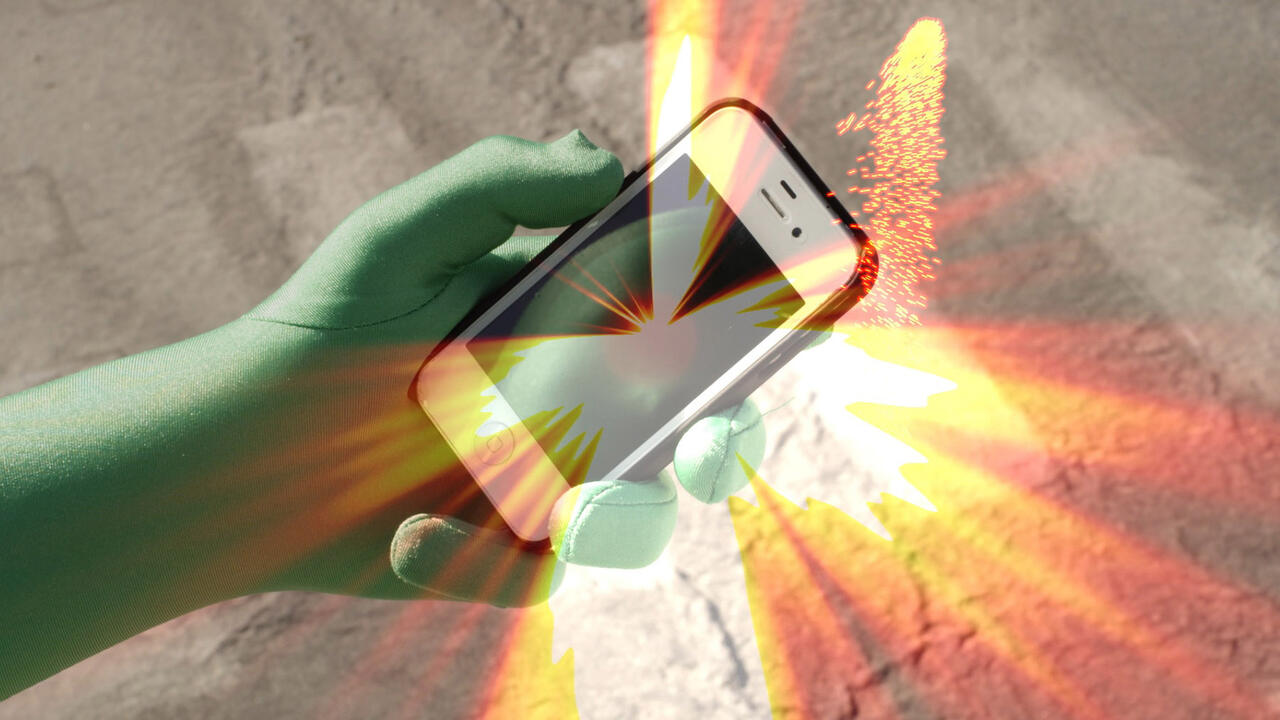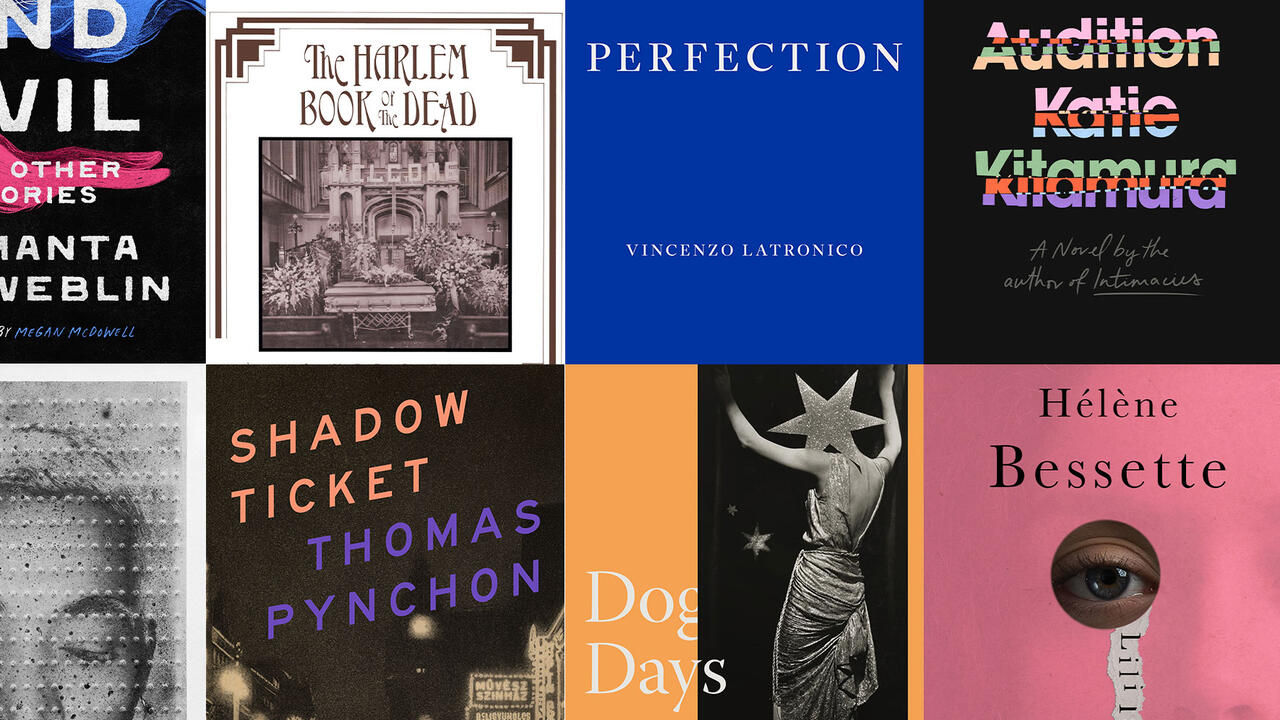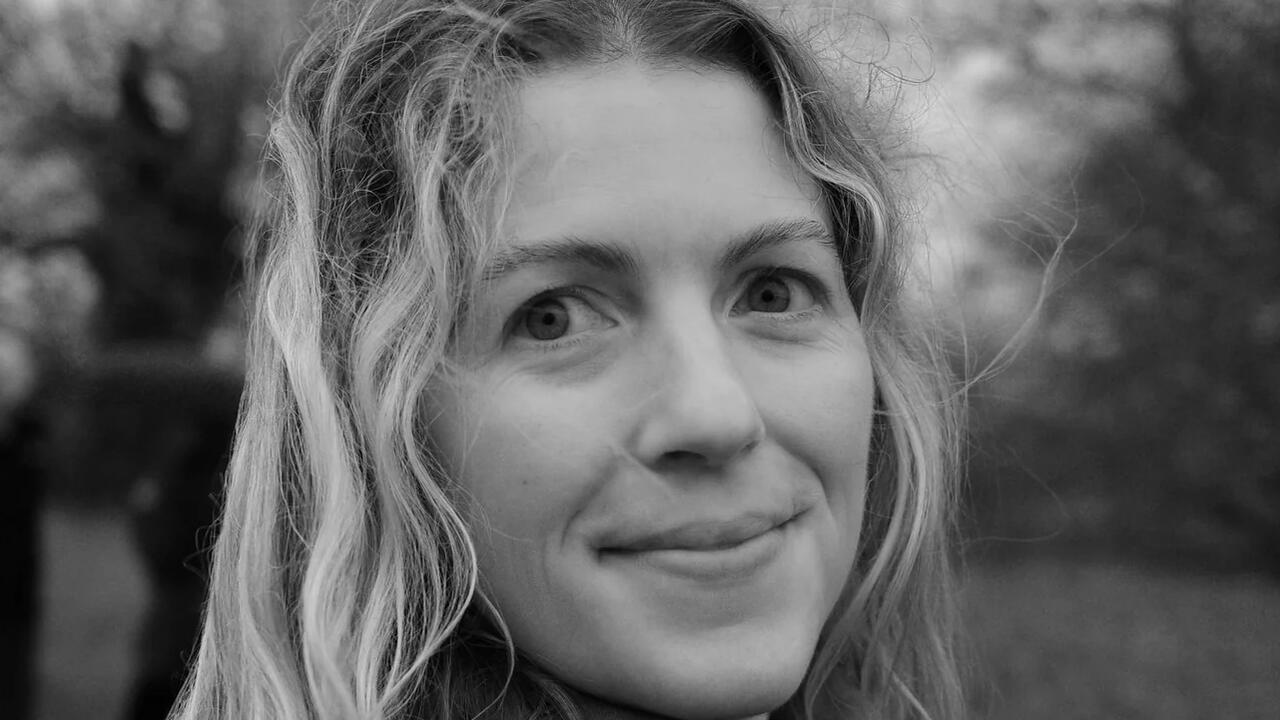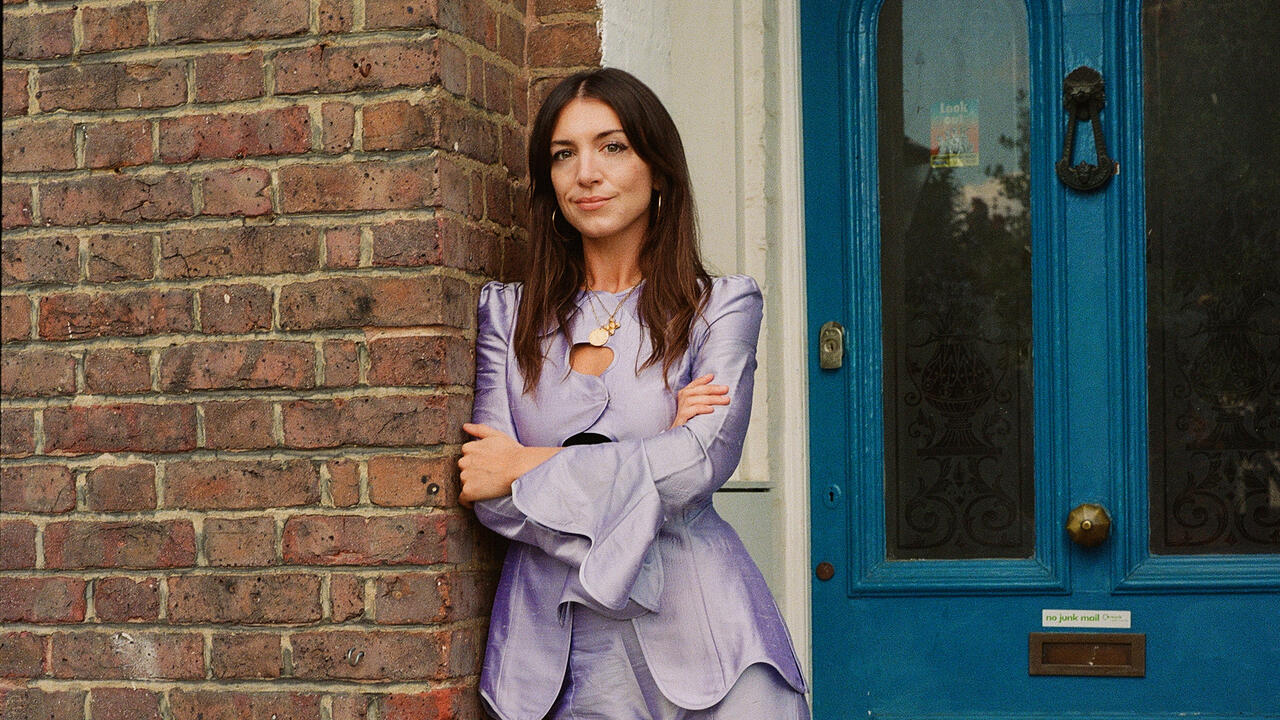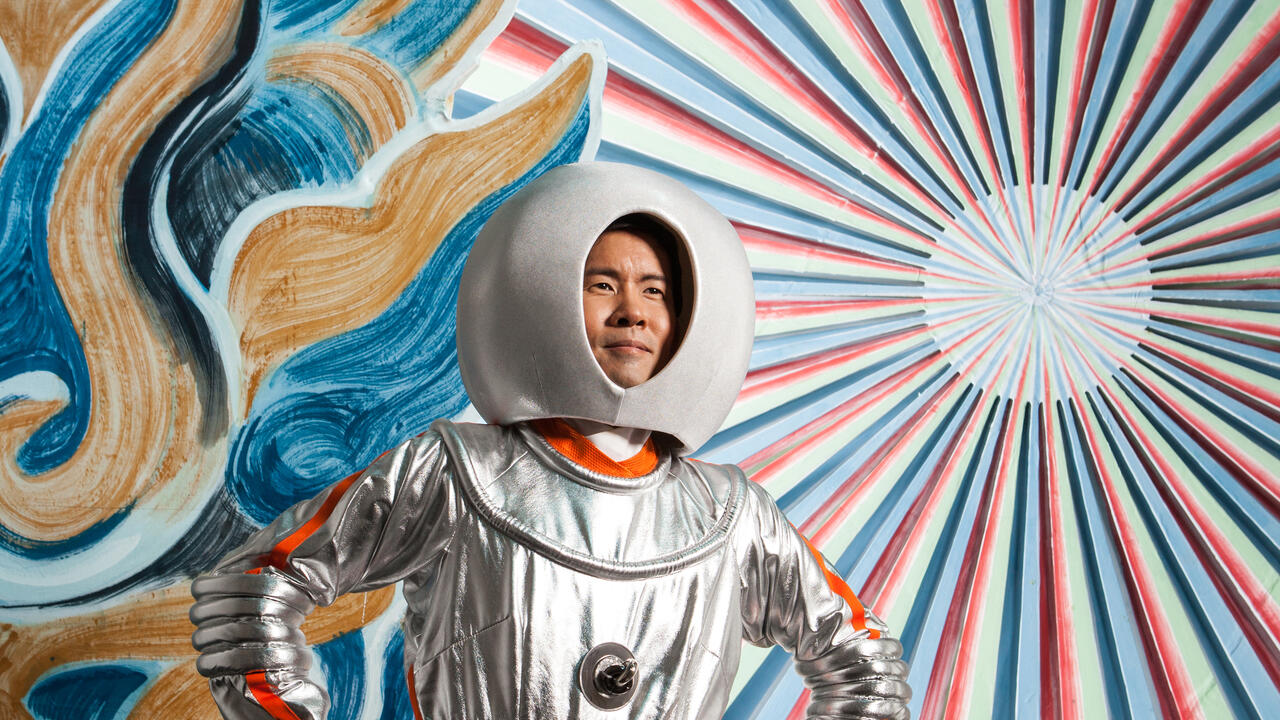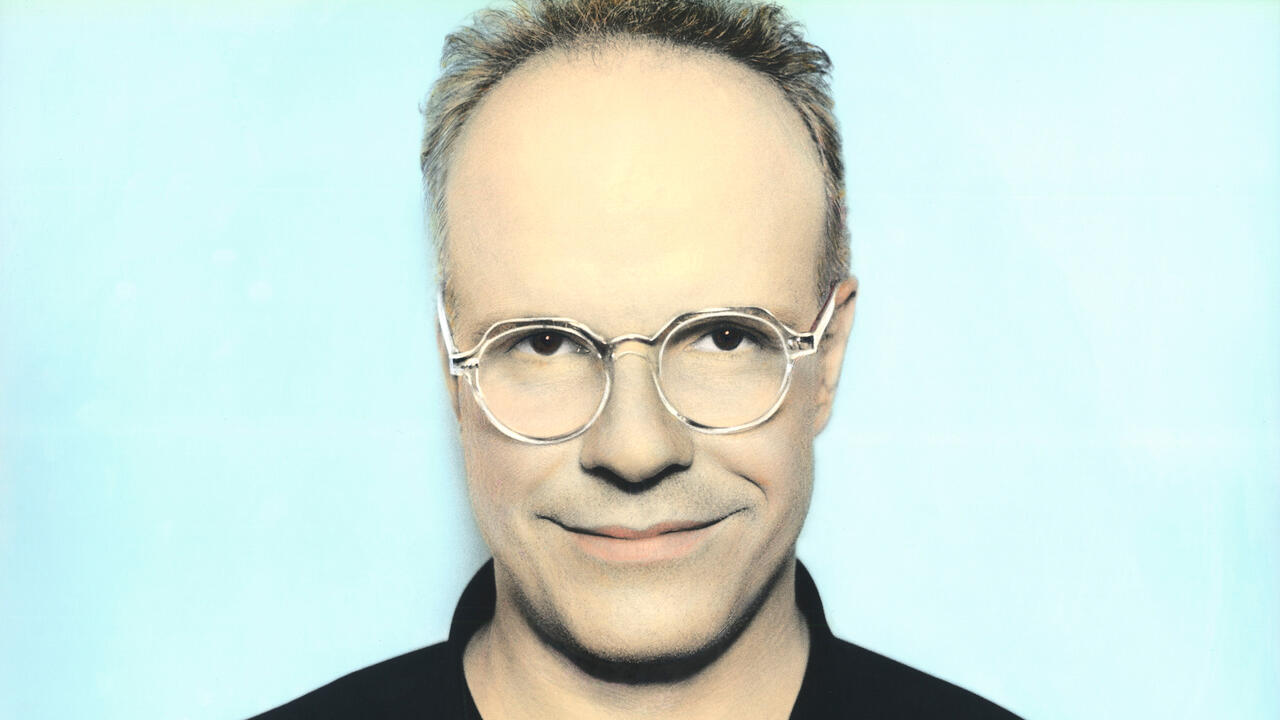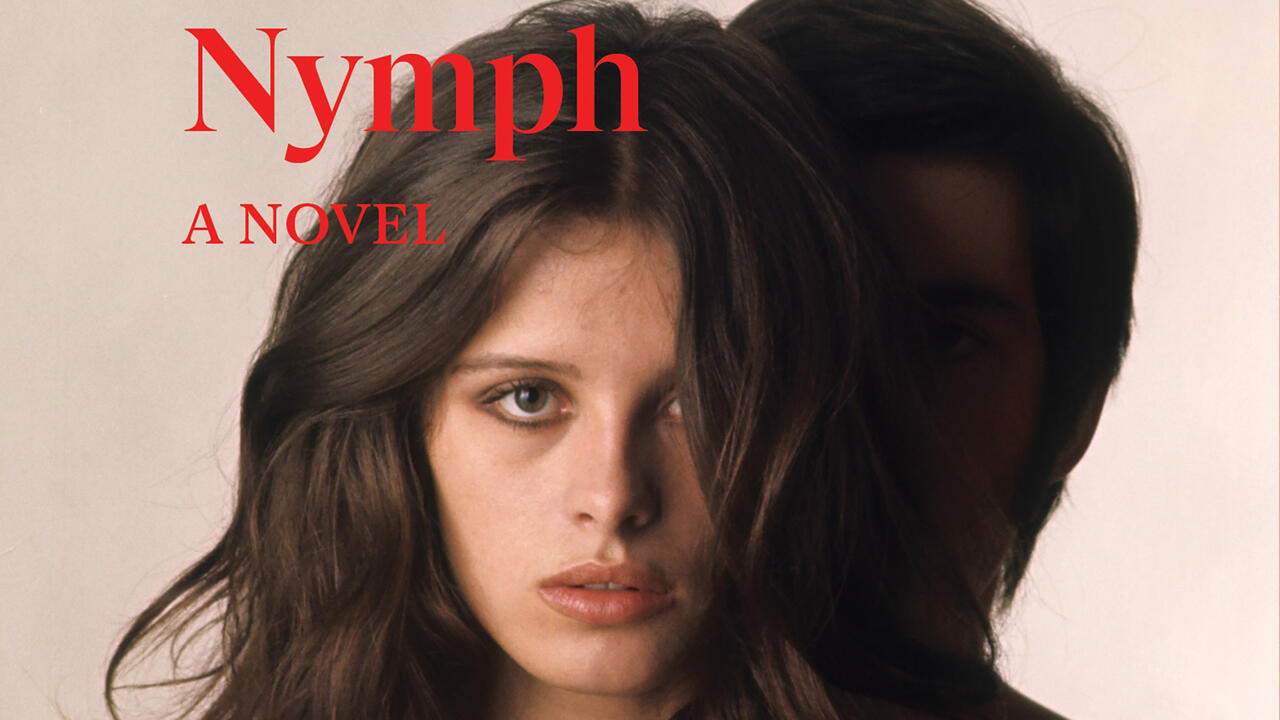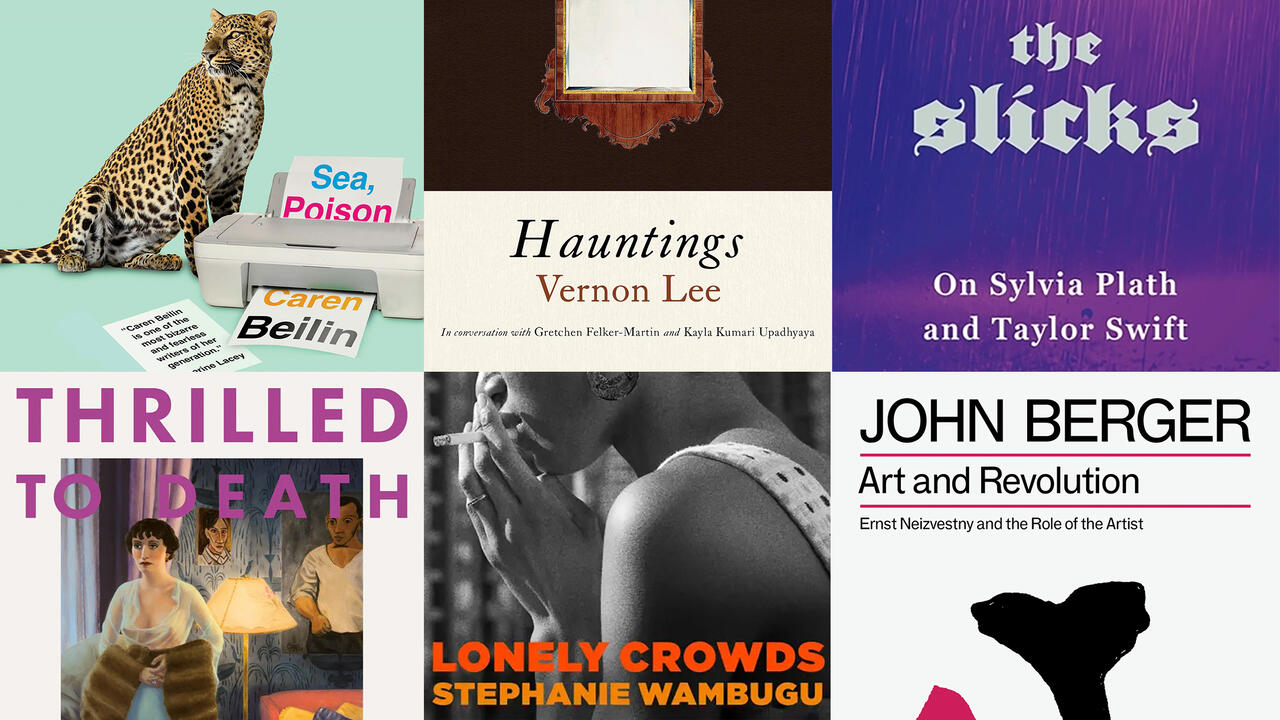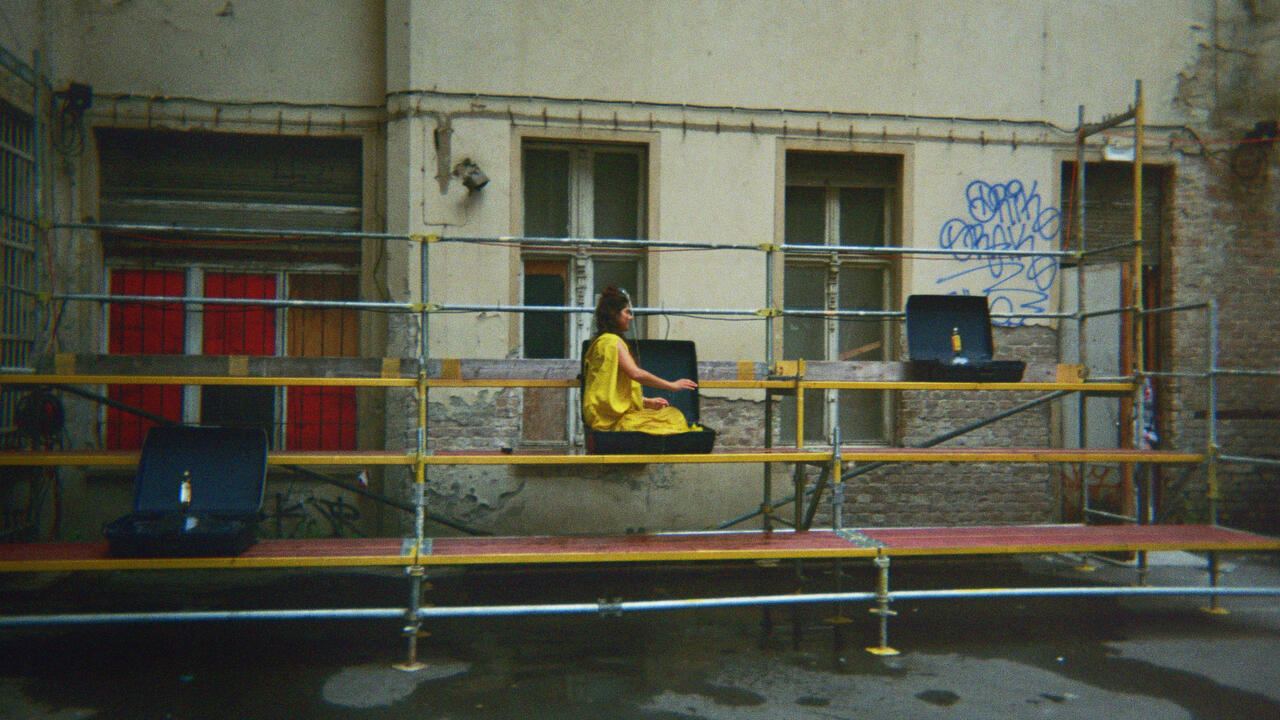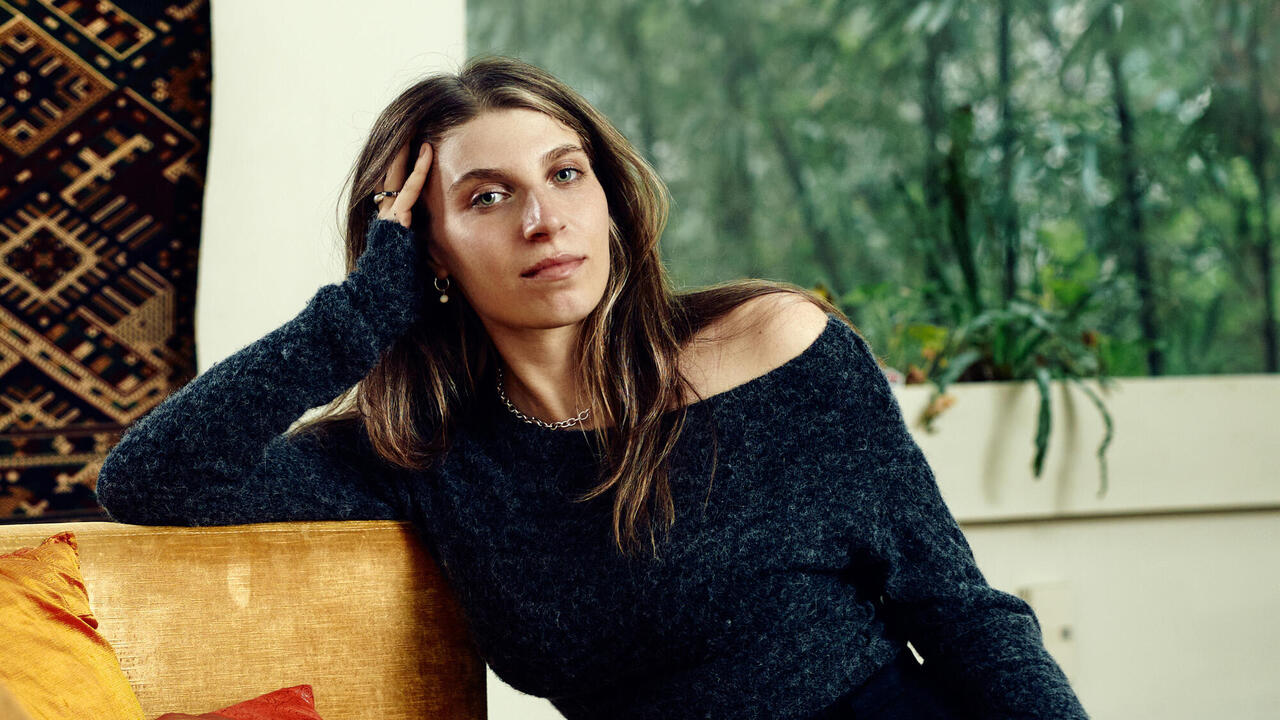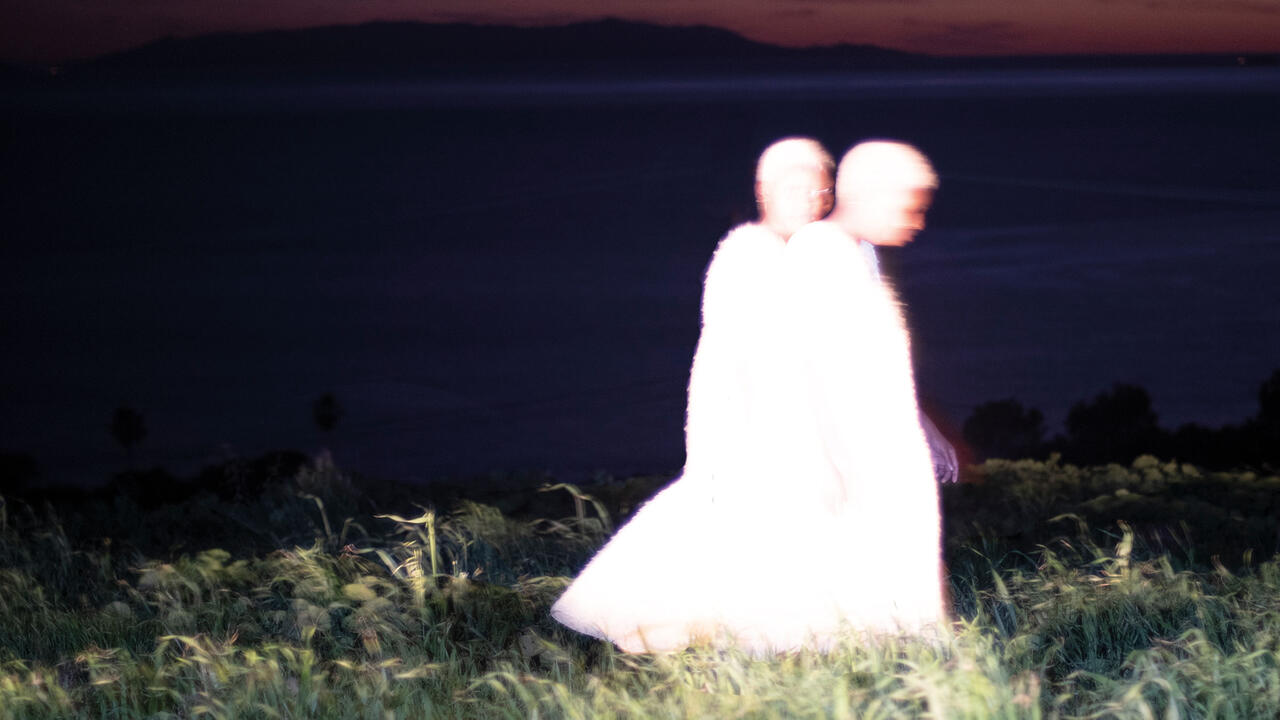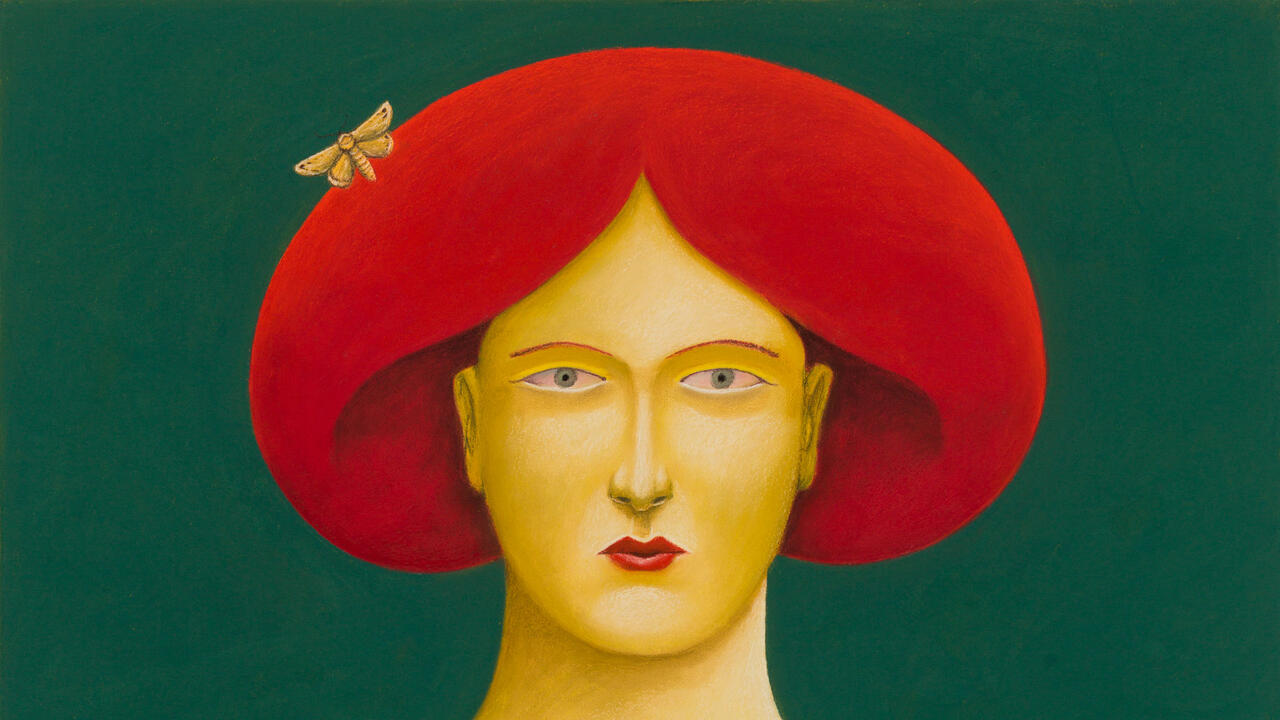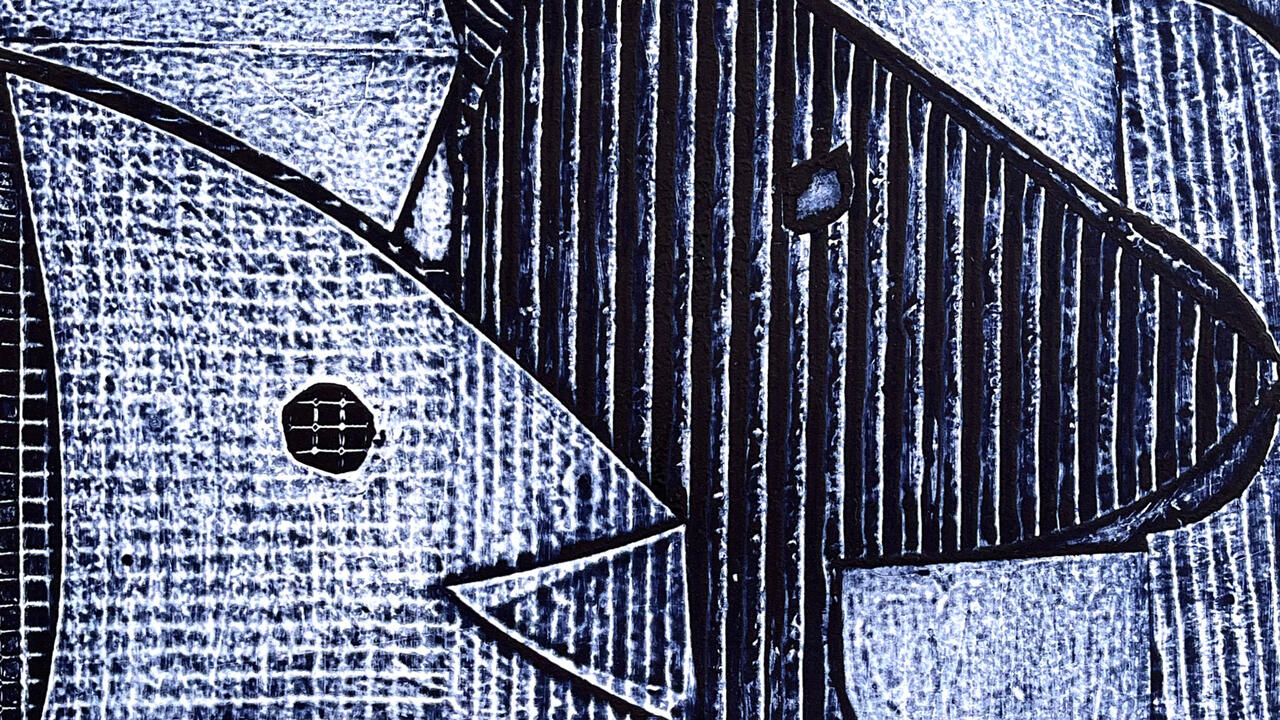Twisted Realities and Speculative Futures: The Year in Literature
From environmentalist epics to Norse mythology and the re-emergence of Russian cosmism: John Holten surveys the best books of 2018
From environmentalist epics to Norse mythology and the re-emergence of Russian cosmism: John Holten surveys the best books of 2018

Considerations of time and speculative worlds kept coming up this year. Carlo Rovelli’s The Order of Time (Allen Lane) helped in my latest effort to understand entropy, and the meaning of time past, present and future in any story that we may try to tell. With chapter titles like ‘The Inadequacy of Grammar’ and ‘The Scent of Madeleine’, Rovelli presents the science with welcome literary and stylistic clarity. In Richard Powers’ arboreal novel, The Overstory, shortlisted for this year’s Booker Prize, Neelay Mehta dedicates his life to a project of world-building and ‘raising decaying corpses’. Neelay is a computer programmer whose simulations grow into full-blown Earth simulacra that will allow future humans to experience the prelapsarian natural world – before it was so blithely destroyed by our species.

Guides to both the present and the future can come from unlikely places, and this year Russian cosmism continued its foray into the Western mind, thanks, in part, to Russian Cosmism (MIT Press), the first English collection of cosmist writing, edited by Boris Groys. Cosmism was a philosophical and cultural movement that, towards the 19th century, married Christianity with a technological imperative, its central belief being that humanity should find the means to resurrect its dead and house them in outer space. With contributors such as Alexander Bogdanov, Nikolai Fyodorovich Fyodorov and Konstantin Tsiolkovsky attending to the early origins of the Russian space programme, rocketry as well as a proto-transhumanism, it’s easy to see how cosmism’s core interests and relation to time and technological liberation remains of interest for artists such as Trevor Paglen, Hito Steyerl and Anton Vidokle.
Late in the year came a discovery: Stream System is a selection of short stories by Gerald Murnane, who is lauded in his native Australia but little known elsewhere. Compared, by his publishers, to Borges and Calvino, and declared ‘a genius on the level of Beckett’ by Teju Cole, the stories reminded me of some of Roberto Bolaño’s odder narrators. Murnane tells his tales by nesting fictions within other stories or dreams, the prose both self-referential and full of cumulative motifs. His narrators have a Pascalian penchant for staying put. Their travel, instead, is undertaken in the mind, as the elsewheres of Sydney, Tasmania or the exotic locations introduced by the National Geographic produce anxiety and confusion, bringing forth the threshold of dream and fiction.

Annie Ernaux’s The Years (Fitzcarraldo Editions) deals with time and authorship in a collective, oddly two-step manner, as the socio-political developments from the year 1940 to 2006 are portrayed through the diffusion of the writer’s own subjectivity. A similarly collective, radical use of shared memory and everyday commentary is performed by Rob Fitterman’s This Window Makes Me Feel (Ugly Duckling Presse). Finally published in book length form this year, it was written ‘in the long-shadow of 9/11’ and is one of the best, most emphatic and laugh-out-loud uses of appropriation and conceptual poetic techniques I’ve read in a while. This is as much a Whitmanian self-portrait as it is a sea of polyphonic anxieties and pleas for understanding. It is the voice of a nation alone, worried and exhausted, talking to itself on the internet.
The most engaging, open and emotional poetry reading I attended this year was hosted by The Institute for Endotic Research (TIER) and conducted by a curator: Bonaventure Soh Bejeng Ndikung, who read and conversed about the poetry that inspires his thinking and practice, from Mahmoud Darwish to Morgan Parker. TIER, a welcome addition to Berlin’s project space scene, is energetically programmed by Benjamin Busch and Lorenzo Sandoval. Sandoval’s artist book, Shadow Writing (Algorithm/Quipu), published this month with Archive Books, charts the shared genealogies of the algorithm, binary code and the quipus, an information system made of knotted threads that was used by the Incas. (The body of work was nominated for this year’s Berlin Art Prize, which itself boasted a very strong shortlist and was deservedly won by Doireann O’Malley.) Somewhat similarly, James’s Bridle’s New Dark Age (Verso) opens with an account of how early computation came from a desire for weather prediction. This leads to a neat (and Bridle’s core thesis is nothing if not neat and persuasive) mapping of how we have invented technologies that collude in increasingly destructive events, from climate change to fake news. In the wake of such intractable scandals as Cambridge Analytica, reading New Dark Age helped me understand how it is that we’re all ‘looking at the same sky and seeing radically different things.’

Such diverging realities are something that Roy Scranton brings to the fore in We’re Doomed. Now What? (Soho). In 2018, I found myself longing for bleaker, more realist(ic) takes on what the future will look like, as if art and literature was not quite keeping pace with reality. In attempting to accept the fate of a world beyond saving, Scranton makes a start, although he finds that his constructive nihilism pushes up against his American suburban existence. He eviscerates the powers that be with one hand, while defending his reliance on his car with the other. (At least he admits his hypocrisy). Last year, Scranton co-edited the excellent What Future (Unnamed Press) anthology. This year’s iteration, edited by Meehan Crist and Rose Eveleth, takes a decidedly more up close and personal look at the future, emphasising the social and cultural rifts that are tearing the world apart much faster than the deep time of nature and ecological collapse.
Myths, of course, often occupy themselves with world-building and the workings of time, and Megan Hunter’s debut novel, The End We Start From (Pan Macmillan),intercuts a story of motherhood set in a recognisable, post-apocalyptic UK, with genesis mythology. In a tale that brings to mind James Bradley’s excellent novel, Clade, from 2017, Hunter demonstrates that the catastrophic can be an all too familiar event. Neil Gaiman’s Norse Mythology (W. W. Norton) happened to be the first book I ever bought in an airport, and his chatty, light retellings provided a fitting distraction from the barbarous inanity of a low-budget flight: ‘That is the end. But there is also what will come after the end. From the grey waters of the ocean, the green earth will arise once more.’
Main image: Annie Ernaux, The Years, 2018, Fitzcarraldo Editions








